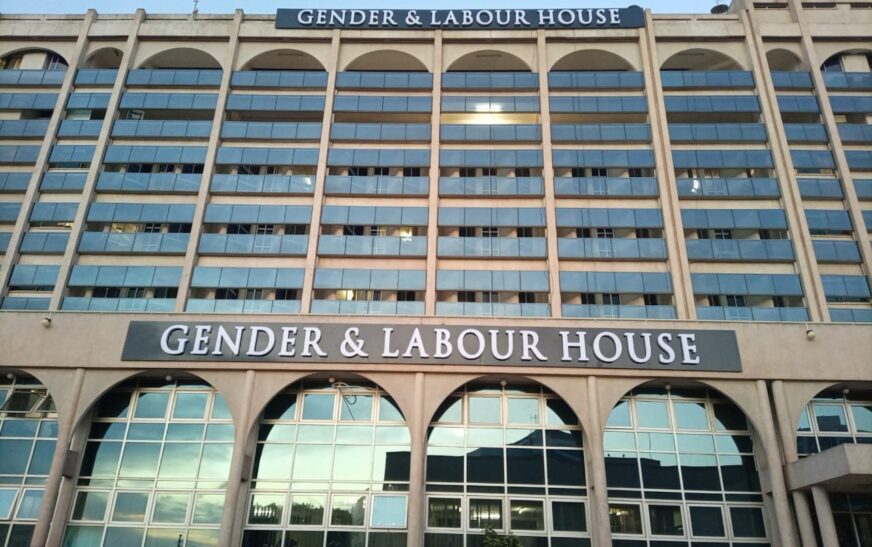In a decisive blow to Simbamanyo Estates, the High Court (Commercial Division) has dismissed the company’s high-profile lawsuit challenging the 2020 sale of its prime property, Simbamanyo House, to businessman Sudhir Ruparelia. The ruling affirms that the transaction — triggered by an $8.1 million loan default — was entirely legal.
Simbamanyo Estates, fronted by its embattled director Peter Kamya, had sought to claw back the property by alleging fraud, misrepresentation, and regulatory breaches. Through Muwema & Co. Advocates, Kamya argued that the involvement of Equity Bank Kenya was illegal, as the institution is not licensed to operate in Uganda.
But in a scathing judgment, Justice Grace Magala dismantled the arguments one by one. The court ruled that the loan transactions — including those involving foreign entities — were legally sound and enforceable under Ugandan law.
“There is no law restricting Ugandans from borrowing from foreign persons or entities,” the court stated, adding that the Financial Institutions Act of 2004 does not forbid such cross-border borrowing.
Simbamanyo’s claim that Equity Bank misrepresented the purpose of a $10 million loan from Bank One — supposedly earmarked to clear previous debts and complete the Afrique Suites Hotel — was also dismissed. The court found no evidence of deception, ruling that none of the alleged statements amounted to legal misrepresentation.
Even the argument of undue influence fell flat. The court ruled that the banker-customer relationship alone does not amount to dominance or coercion.
Crucially, the court upheld the validity of all securities involved — including mortgages over prime properties on Lumumba Avenue and in Mutungo — and ruled that Equity Bank Uganda had every legal right to sell the properties.
With the properties already sold to third parties, including the Ruparelia Group, the court declared Simbamanyo’s requests for injunctions and compensation null and void.
In the end, Simbamanyo not only lost its bid to reclaim the properties but walked away empty-handed — with all claims for refunds, damages, and declarations of illegality thrown out.
The judgment underscores a harsh legal reality: failure to service debt, no matter how prime the collateral, opens the door to foreclosure — and the courts won’t rewrite contracts based on hindsight or sentiment.





















